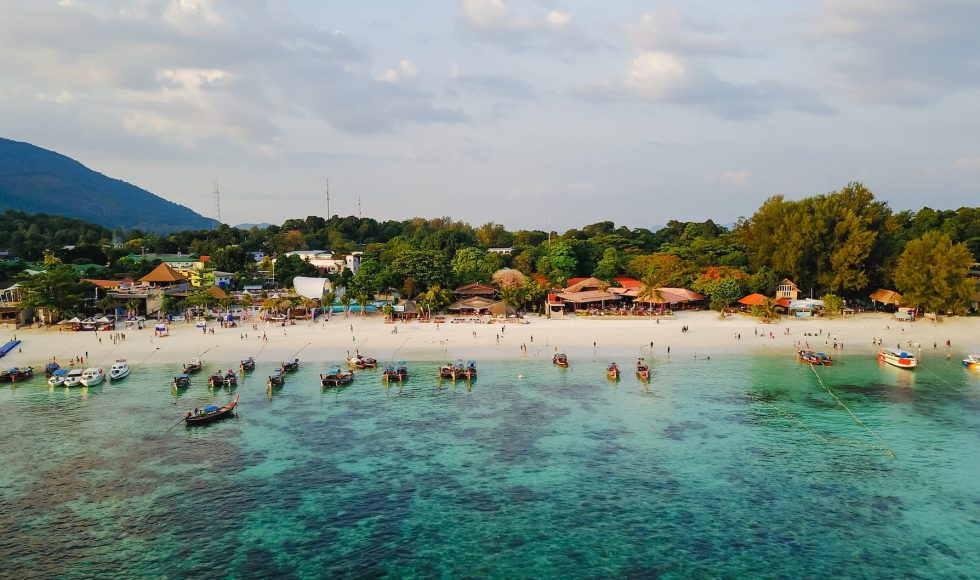Thidathip Wongsurawat from the Siriraj Long-read Lab in the Mahidol University in Thailand, presented at the Nanopore Community Meeting in Singapore on “Ten case studies on the recent applications of nanopore sequencing in Thailand.” Number ten was nCNV-seq: Nanopore-based multiple copy number variation analyses. They developed the open access bioinformatics tool. Wongsurawat also spoke about pharmacogenomics research to learn about population-independent analyses. They also explained the use of high-resolution HLA of 11 loci of 100 Thai. They used adaptive sampling to detect structural variations with precise breakpoints. They also used adaptive sampling for 20x coverage of genomes and identification of antimicrobial resistance genes. Next, the lab used Nanopore for quality control of food samples. The team also used Nanopore for gut microbiome analyses of Thai elephants. The team used Nanopore for QC of vaccine mRNA and plasmids. Finally the team used Nanopore for education and training. They obtained funding to train more on the use of Nanopore sequencing and devices. In about five minutes, Wongsurawat described multiple applications of Oxford Nanopore Technologies (ONT) in Thailand and the numerous tools the group is developing.



